Listen or read!
“How can people like me? The only thing I give them is bad news.”
Then it dawned on me, I don’t just deliver the news! - This was me when I was 12 years old delivering the Detroit Free Press. Sorry for the picture above of the competition - it’s the only thing I could find.
In the 70’s, the best way to make money for a young kid was to have a paper route. Delivering the News or Free Press directly to the doors of the neighborhood. You earned money for the delivery and if you were good - you got tips.
Think for a minute about the early 70’s (Google it if you are too young) … Watergate, gas lines, inflation, rising interest rates - no, i’m not talking about Bidenomics, this is what we had to read about then. Those were the daily headlines for years. That is what I delivered to my customers every morning at 4:30am. How in the world could anyone feel good enough about the product that they would want to tip me?
What can you control in every transaction?
In every transaction, you have three (3) components. People, Product, and Process. Obviously if you have the ability to shape all 3, your chances of success are even higher. In most cases, we only really have a chance to control 2 of these variables.
I had absolutely no control over the headlines. Sure, I could have ripped the front page off every paper I delivered, but that is only hiding the truth to the customers. What I really looked is how I could make this business a better experience for the customer. Yes, it was a business. I had to invest in inventory, create a distribution system, market my product and services, build a solid revenue stream, and create an accounting system.
The route that I purchased ($25 from Bob Burko who had the route for the 2-years before me) had around 50 active customers. I thought this was strange because the average number of houses per block in this area of Warren was around 50-60. That means in my 12-block territory, I was riding my bike past 600+ houses that weren’t customers. How can this be?
Process
I started looking at the process of delivering, and asking these 600+ prospects why they weren’t taking the Free Press. This was a middle class family neighborhood, and the Free Press was ‘their’ paper. It was the working man’s paper. It leaned a bit more to the left than the Detroit News, who’s readers most often wore ties to work.
As I interviewed these prospects, the answers varied a bit. After visiting over 100 of these houses, the one answer that bubbled to the top was,
I leave for work before the paper gets there, and by the time I get home the news was old.
Before the Internet, this was truly a problem. The Detroit News was delivered from 3-5pm, and it contained fresh news, which really meant that it had the Tigers box score from the night before.
Scratching my head on this for a while, I came back and asked - if I could get you the paper before you leave for work, would it matter? And if, I don’t deliver on time, you can get the entire week for free, was my guarantee. My route went from 50 to well over 200 houses in the first year. In 5 years of delivering I never had to give away a free week. I believe at the pinnacle, the route had 300+ Sunday addresses, and around 250 weekday.
In order to meet my promises, I needed to start a lot earlier than Bob Burko ever did. I worked with the local manager of the Free Press, and had him deliver the papers directly to my house instead of me riding to the local warehouse. They could be there as early as 4am - saving me well over an hour. I paid extra for his service, but it had a high ROI.
Then I looked at the route, I mapped out the best and most efficient route to get everyone their paper before they could leave for work. This meant I needed to be completed before 6am every weekday. The customers had a heart, they gave me until 8am on Saturday and Sundays.
Voila - it worked. Zig-zagging through the streets every day, 365 days a year, and I had the process down pat …
People
The TV Guide was like Bitcoin in those days. Favorite customers (those that tipped well) usually got more than one.
There was a new way to collect the weekly $1.10, the cost of the full week’s paper then that the Free Press had introduced. Having the customer mail in the checks on a monthly basis to the distribution center. The other paperboys that used this method spent less hours collecting than I did, but they weren’t earning $50-75 a week in tips. My customers never had that option. Nor did the warehouse know who the customers were.
I personally went to every home starting on Friday afternoon. Then I would spend all day Saturday, 10am to 4pm, hitting each customers door, ringing doorbells, leaving hand written notes saying “I’ll be back at 3” …
What did I do? Why did it take so long?
I talked to them. Apologizing for Tuesday’s paper that got wet. Sorry the K-Mart ad didn’t make it into your Wednesday paper. How is your Mother doing? What can I do to improve my service …
Yes, I spoke to them. I asked them what their favorite articles of the week were, and what their plans were. No, it wasn’t necessary to fill out any paperwork when you were going on vacation, just tell me when and for how long. Even if it was a Sunday that you weren’t going to be there, I would make sure you got your TV Guide.
Schmoozing, is what some people call it … general interest in people is what I call it. I sincerely wanted them to have a good experience.
Product - Process - People - I took care of the two I could influence.
Why the headline?
“A bartender is just a pharmacist with a limited inventory” - Albert Einstein
Product - in a bartenders case they might be trying to simply to dull the pain, you don’t have aspirin but you have what they like
Process - you know what they like, where they sit, and have it ready as they walk in
People - you are their therapist
I don’t care what type of business you offer - those 3 factors are your key. Break it down into bite sized pieces. If you deliver (pun intended) on these 3 factors your business will thrive.
At the Kole Performance Group, we can spend the time with you breaking it down and building it back up … Yes, it’s hard work today, but it will improve your tomorrow.



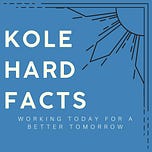

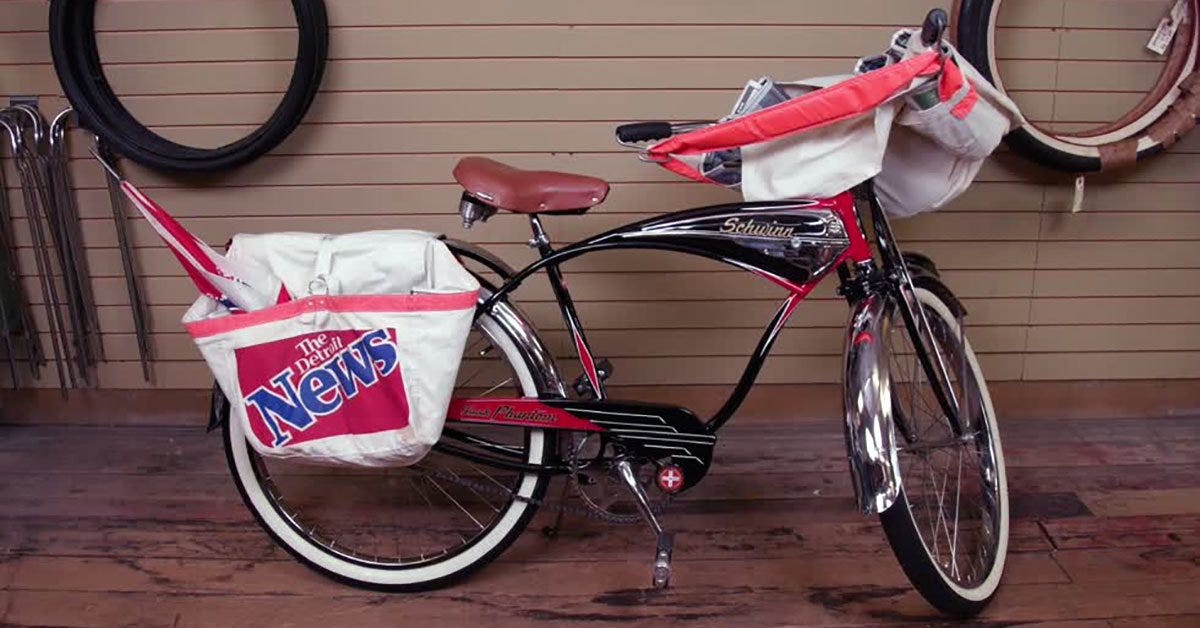



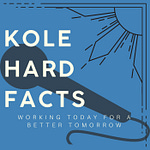
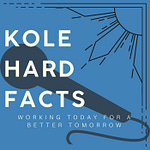
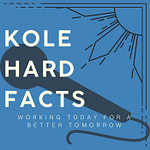

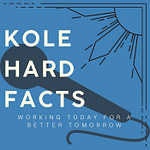
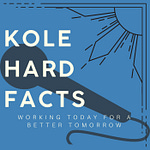
Share this post